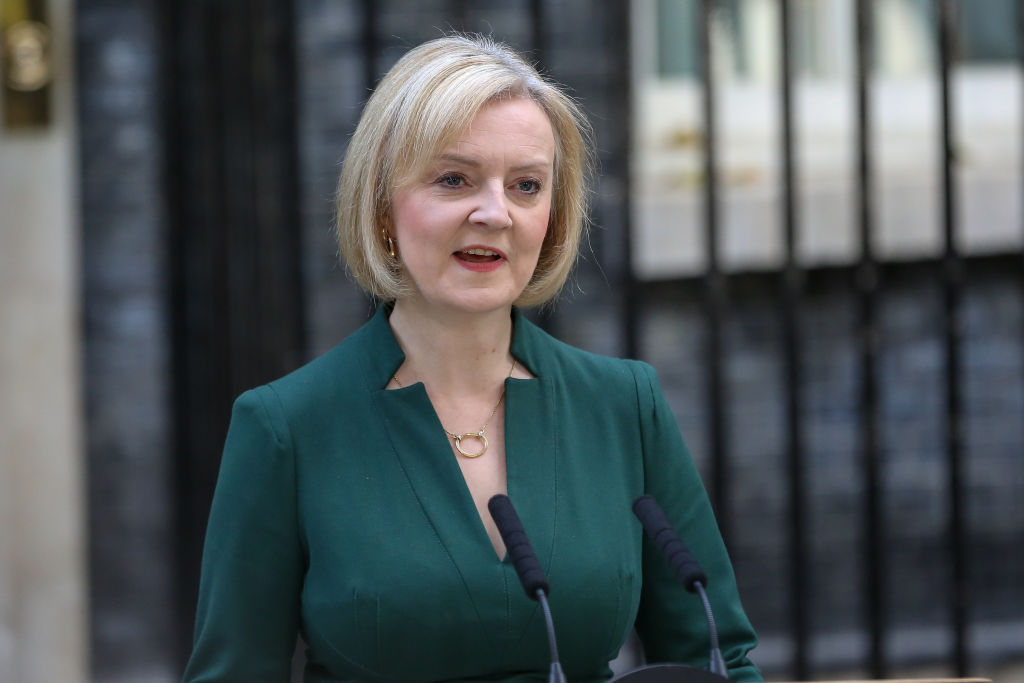This week two former Foreign Secretaries offered competing visions for how Britain should engage with China. On Wednesday, Philip Hammond was quoted in China Daily as championing a ‘trade-first approach’, urging politicians to ‘return to business as usual’ and ignore ‘background noise.’ And last night, Liz Truss set out a much more hawkish alternative, using her first post-premiership speech in Japan to make the case for strengthening ties with Taiwan and countering ‘the rise of a totalitarian China.’
The fact that these two politicians served alongside each other in successive Cabinets for five years – with Truss working as Hammond’s deputy for two of them – is testament to the divergence and shifts of opinion within the Conservative party on this issue. Both speak for rival factions. Hammond is articulating the kind of pragmatic, pro-business conservatism that was a cornerstone of the Cameron years and still shared by some within the Commons like Richard Graham, chairman of the All-Party Parliamentary Group on China. Truss argues a much more adversarial approach is needed, given Beijing’s expansionist rhetoric and its record in Hong Kong and Xinjiang. Her worldview is similar to that of Iain Duncan Smith, the co-chairman of the Inter-Parliamentary Alliance on China (IPAC) which invited her.
In her speech, Truss championed greater economic co-operation between western nations to counter China’s economic might. She called for an ‘economic NATO’ based on its Article 5 model: when one nation is attacked, they all are. This would stop countries like Lithuania or Australia from being bullied economically, by providing relief and placing penalties on China. Truss also suggested a co-ordinated audit into critical industries to reduce dependence on Beijing. And on Taiwan specifically, she believes that economic integration is the best way to protect the islands, with bilateral investment agreements if useful. This would also help bolster public support for Taiwan’s struggle in Western countries too. Greater diplomatic recognition that stops short of full status would help give the Taiwanese representative offices and a seat at the table in negotiations. And arguing that prevention is better than cure, Truss wants a co-ordinated package of pre-agreed sanctions ready to go in the event of an invasion – a lesson she says the West learned during the invasion of Ukraine.
There is much within this speech to commend itself. In some ways, it is the opposite of her 4,000 word essay on the mini-Budget in the Sunday Telegraph. It shows a breadth of thought, a willingness to learn lessons from the past and an awareness of political developments overseas. Truss’s Japan speech draws on her experience in the Trade and Foreign Office ministries, pulling together various strands from her recent years in government: trade deals, sanctions, diplomacy and multilateral action. The parallels to Ukraine also remind us that Truss got many things right on the Russian invasion. It was she who worked with Ben Wallace to marshal support for Ukraine at the end of 2021 among the G7 nations. It was she who supported declassifying British intelligence to expose the realities of Putin’s pretext for war. And it was she who warned Sergey Lavrov to his face in February 2022 that the West would stand with Ukraine – which it duly did.
It is therefore plausible that Truss will get a more receptive hearing on foreign policy than on economics. Hawkishness on China has a constituency within the party. Last year’s leadership race showed that the median Tory is arguably closer to Truss’s view than that of Philip Hammond’s, with Rishi Sunak stating baldly that China is the ‘biggest state-based threat to our economic security.’ But since entering No. 10 there have been doubts about Sunak’s credentials on China, with incidents like Foreign Office’s invitation to Xinjiang’s governor raising fears that he will backtrack on the hawkishness he displayed last summer. It used to be said that it was much easier to be Eurosceptic in opposition than in government and Sinoscepticism is no different. Highlighting that gap between rhetoric and reality could give Truss the rehabilitation she craves.







Comments